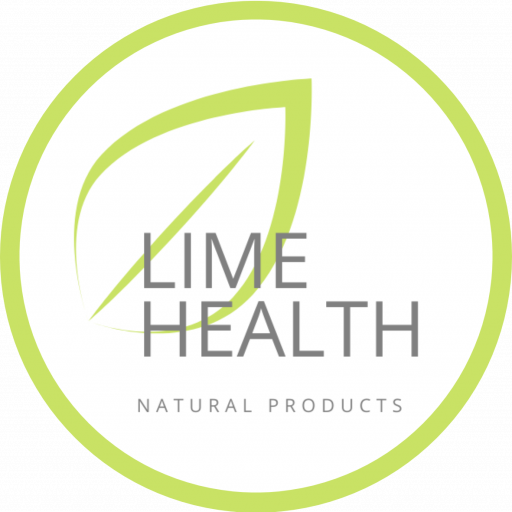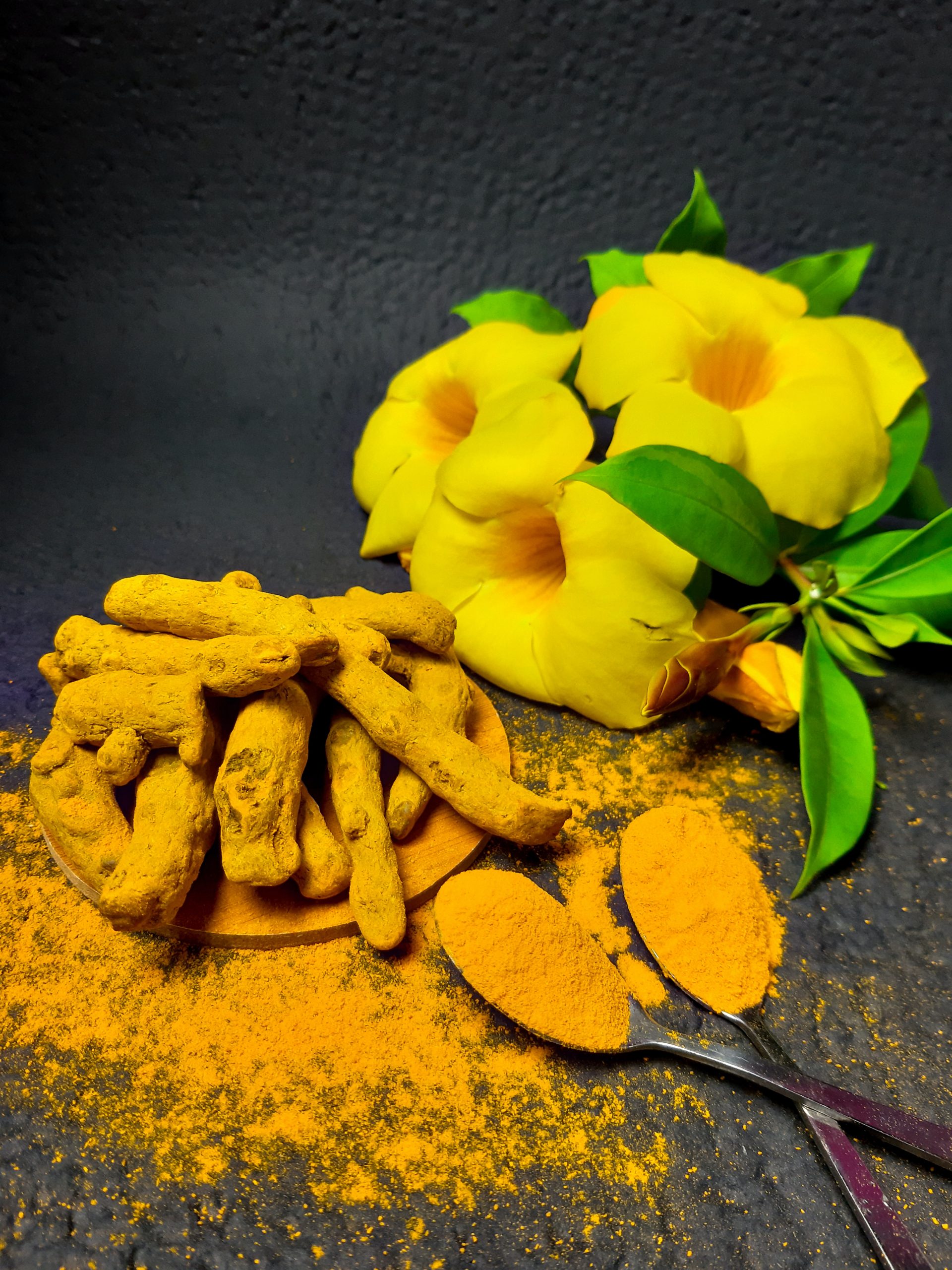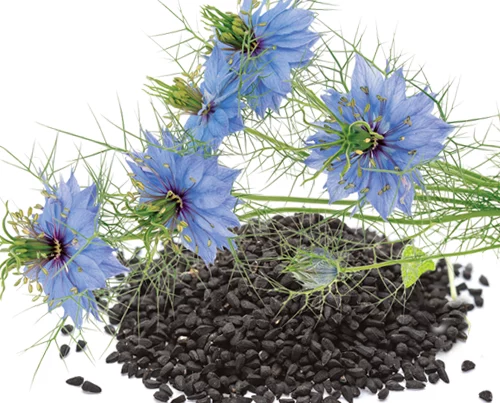Turmeric is a spice that has been used for centuries in various cuisines and traditional medicines for flavour as well as for its anti-inflammatory and antioxidant effects. It is well-known for its bright yellow color and distinctive flavor, but it also has many health benefits that are backed by scientific evidence. In this article, we will explore some of the uses and benefits of turmeric and its main active compound, curcumin.
Turmeric and curcumin Turmeric is derived from the root of a flowering plant called Curcuma longa, which belongs to the ginger family. The root is dried and ground into a powder that is used as a spice or a supplement. Turmeric contains several bioactive compounds, but the most important one is curcumin. Curcumin is responsible for the majority of turmeric’s health effects, as it has powerful anti-inflammatory, antioxidant, anticancer, and other properties1.
However, curcumin is not very well absorbed by the body, so it needs to be enhanced with other substances to increase its bioavailability. Some of the ways to do this are:
- Taking curcumin with black pepper, which contains a compound called piperine that can boost curcumin absorption by up to 2,000%2.
- Taking curcumin with fat or oil, as it is fat-soluble and can dissolve better in fatty substances2.
- Taking curcumin with other ingredients that have synergistic effects, such as ginger, quercetin, bromelain, or boswellia3.
- Taking curcumin in a form that is more bioavailable, such as nanoparticles, liposomes, micelles, or phytosomes.
Health benefits of turmeric and curcumin Turmeric and curcumin have been studied for their potential benefits in various health conditions and diseases. Some of the most notable ones are:
- Inflammation: Chronic inflammation is linked to many chronic diseases, such as heart disease, diabetes, arthritis, and cancer. Curcumin can modulate the inflammatory response by inhibiting the activity of several molecules that are involved in inflammation, such as NF-kB, COX-2, TNF-alpha, and IL-6. Curcumin can also reduce the pain and stiffness associated with arthritis.
- Oxidative stress: Oxidative stress is caused by an imbalance between free radicals and antioxidants in the body. Free radicals are unstable molecules that can damage the cells and DNA, leading to aging and disease. Antioxidants are substances that can neutralize free radicals and protect the body from oxidative damage. Curcumin is a potent antioxidant that can scavenge free radicals and boost the activity of the body’s own antioxidant enzymes. Curcumin can also protect the skin from UV-induced damage and aging.
- Cancer: Cancer is a disease characterized by the uncontrolled growth and spread of abnormal cells. Curcumin has been shown to affect various aspects of cancer development and progression, such as cell proliferation, apoptosis (cell death), angiogenesis (blood vessel formation), invasion, metastasis (spread), and drug resistance. Curcumin can also enhance the effectiveness of chemotherapy and radiation therapy by sensitizing cancer cells to these treatments. Curcumin may also prevent or treat some types of cancer, such as colorectal, breast, prostate, pancreatic, lung, and skin cancer.
- Neurodegenerative diseases: Neurodegenerative diseases are disorders that affect the brain and nervous system, such as Alzheimer’s disease (AD), Parkinson’s disease (PD), and multiple sclerosis (MS). These diseases are caused by various factors, such as inflammation, oxidative stress, amyloid plaques (in AD), mitochondrial dysfunction (in PD), and demyelination (in MS). Curcumin can modulate these factors by crossing the blood-brain barrier and exerting its anti-inflammatory, antioxidant, anti-amyloidogenic (preventing plaque formation), neuroprotective (protecting nerve cells), and neurogenic (promoting nerve cell growth) effects. Curcumin may also improve cognitive function and memory in people with AD or mild cognitive impairment.
- Metabolic syndrome: Metabolic syndrome is a cluster of conditions that increase the risk of heart disease, diabetes, and stroke. These conditions include obesity, high blood pressure, high blood sugar, high triglycerides (a type of fat in the blood), and low HDL cholesterol (the “good” cholesterol). Curcumin can improve these conditions by regulating lipid metabolism (fat breakdown), glucose metabolism (sugar breakdown), insulin sensitivity (how well cells respond to insulin), inflammation, and oxidative stress. Curcumin may also help with weight loss by suppressing appetite, increasing thermogenesis (heat production), and enhancing fat oxidation (fat burning).
How to use turmeric Turmeric can be used in various ways to enjoy its health benefits. Some of the common ways are:
- Adding turmeric powder to your food, such as curries, soups, stews, rice, or vegetables. You can also make a golden paste by mixing turmeric powder with water, black pepper, and coconut oil, and use it as a spread or a base for drinks.
- Drinking turmeric tea by steeping turmeric powder or fresh turmeric root in hot water. You can also add other ingredients, such as lemon, ginger, honey, or milk, to enhance the flavor and benefits.
- Taking turmeric supplements in the form of capsules, tablets, liquid extracts, or tinctures. You can choose a supplement that contains only turmeric or one that combines it with other ingredients, such as black pepper, ginger, or boswellia. Make sure to follow the dosage and instructions on the label and consult your doctor before taking any supplement.
- Applying turmeric topically to your skin, hair, or nails. You can make a turmeric mask by mixing turmeric powder with yogurt, honey, or aloe vera gel, and apply it to your face or body. You can also make a turmeric scrub by mixing turmeric powder with sugar, salt, or oatmeal, and use it to exfoliate your skin. You can also add turmeric powder to your shampoo or conditioner to enhance the color and health of your hair.
Turmeric side effects and precautions Turmeric is generally safe and well-tolerated when used in moderate amounts as a spice or a supplement. However, some people may experience some side effects or interactions with certain medications or conditions. Some of the possible side effects and precautions are:
- Turmeric may cause allergic reactions in some people, such as skin rashes, hives, itching, swelling, or difficulty breathing. If you have any known allergies to turmeric or other plants in the ginger family, avoid using it.
- Turmeric may cause gastrointestinal symptoms in some people, such as nausea, diarrhea, stomach upset, or acid reflux. If you have any digestive disorders, such as ulcers, gastroesophageal reflux disease (GERD), irritable bowel syndrome (IBS), or inflammatory bowel disease (IBD), use turmeric with caution and start with a low dose.
- Turmeric may lower blood sugar levels in some people, which can be beneficial for people with diabetes or prediabetes. However, if you are taking any medications that lower blood sugar, such as insulin or oral hypoglycemic agents (OHA), monitor your blood sugar levels closely and adjust your dosage accordingly. Turmeric may also interfere with the absorption of some OHA, such as metformin.
- Turmeric may lower blood pressure levels in some people, which can be beneficial for people with hypertension or cardiovascular disease. However, if you are taking any medications that lower blood pressure, such as beta-blockers or calcium channel blockers (CCB), monitor your blood pressure levels closely and adjust your dosage accordingly. Turmeric may also interact with some CCB, such as verapamil.
- Turmeric may thin the blood and prevent clotting in some people, which can be beneficial for people with thrombosis or stroke. However, if you are taking any medications that thin the blood, such as aspirin or warfarin (Coumadin), monitor your bleeding time and INR (international normalized ratio) closely and adjust your dosage accordingly. Turmeric may also increase the risk of bleeding if you have any bleeding disorders, such as hemophilia or von Willebrand disease.
- Turmeric may affect the metabolism of some drugs by inhibiting certain enzymes in the liver, such as cytochrome P450 (CYP) enzymes. This can increase or decrease the effectiveness of some drugs, such as antidepressants (e.g., fluoxetine), anticonvulsants (e.g., phenytoin), anticoagulants (e.g., warfarin), anti-inflammatory drugs (e.g., ibuprofen), cholesterol-lowering drugs (e.g., statins), immunosuppressants (e.g., cyclosporine), and chemotherapy drugs (e.g., doxorubicin). If you are taking any of these drugs or others that are metabolized by CYP enzymes, consult your doctor before using turmeric.
- Turmeric may have hormonal effects in some people by modulating the activity of certain receptors, such as estrogen receptors. This can have positive or negative effects on some conditions, such as endometriosis, uterine fibroids, breast cancer, prostate cancer, and polycystic ovary syndrome (PCOS). If you have any of these conditions or others that are influenced by hormones, consult your doctor before using turmeric.
- Turmeric may have effects on the gallbladder and bile ducts in some people by stimulating the production and secretion of bile
According to Healthline1, studies typically use doses of 500–2,000 milligrams (mg) of turmeric per day, often in the form of an extract with a curcumin concentration that is much higher than the amounts naturally occurring in foods. For reference, turmeric spices contain around 3% curcumin, compared to 95% curcumin in extracts1. However, the recommended dosage can vary depending on the specific condition you’re trying to treat.
According to Holland & Barrett2, some of the benefits of turmeric and curcumin include:
- Anti-inflammatory properties
- Support for digestion
- Support for heart health
- Support for blood sugar levels
- Support for skin health
- Support for brain health
However, these benefits are not conclusive and more research is needed to confirm the effectiveness and safety of turmeric and curcumin for various health conditions.
If you are interested in taking turmeric supplements, you should consult your doctor before starting, especially if you have any medical conditions or are taking any medications that may interact with turmeric. You should also follow the dosage and instructions on the label of the product you are using and start with a low dose to see how your body reacts.
One way to enhance the absorption of curcumin, the main active ingredient in turmeric, is to take it with black pepper, which contains a compound called piperine that can boost curcumin absorption by up to 2,000%1. You may also find turmeric supplements that combine it with other ingredients that have synergistic effects, such as ginger, quercetin, bromelain, or boswellia1.
Check out our Turmeric / Curcumin supplements!




